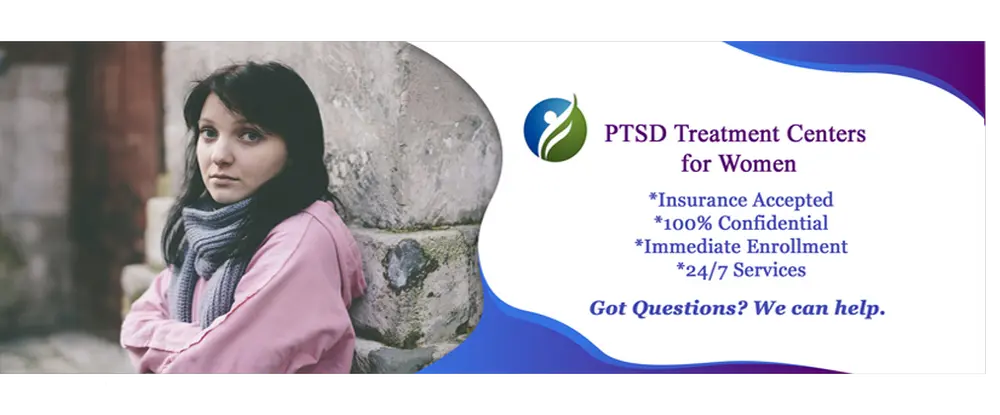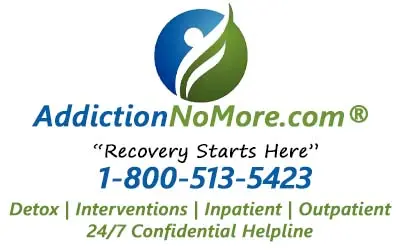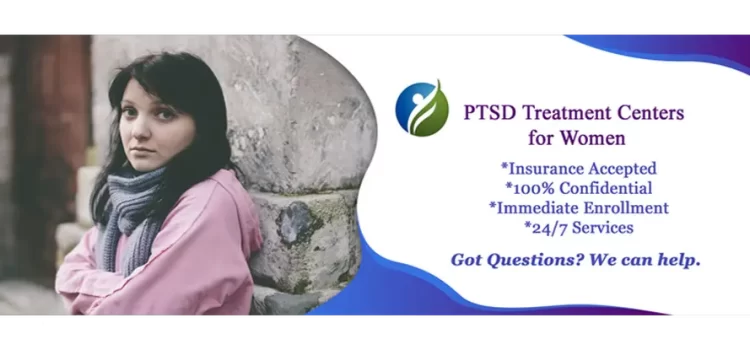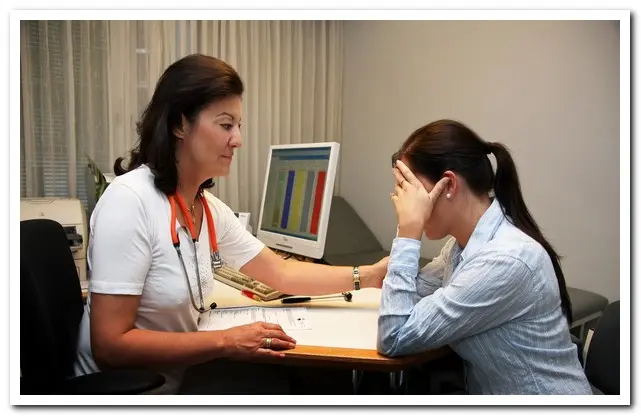PTSD Trauma Centers for Women
Residential Inpatient PTSD Trauma Centers for Women offer a level of care and treatment that cannot be emulated in an outpatient PTSD treatment program. When women go to an inpatient recovery program for Post Traumatic Stress Disorder and substance abuse treatment, they will have a better chance at long-lasting recovery. and managed PTSD symptoms.Treatment for Women with PTSD can include therapy models not normally offered at regular drug rehabilitation facilities for women. Therapy models and practices that can be included in a program for PTSD and trauma can include Cognitive Behavioral Therapy, EMDR Eye Movement Desensitization and reprocessing, meditation and mindfulness training exercises, yoga therapy, group processing, individualized therapy, Biofeedback, and neurofeedback. All of these therapy models have proven to help with the treatment of PTSD and Trauma in both women and men.
Please contact us by phone for immediate assistance. This is a necessary step in beginning the recovery process for yourself or a loved one. Our addiction treatment specialists and staff have over 25 years of experience in helping people find effective and affordable treatment for all addictions. What you tell us is completely confidential. We are HIPAA compliant. We are here to answer your questions and to get you (or a loved one) into treatment today. For immediate intake, call us now.
1-800-513-5423
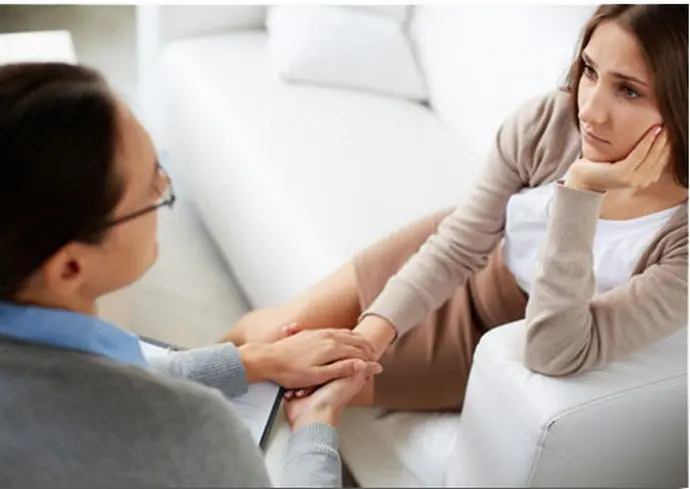
What causes PTSD in Women?
Post Traumatic Stress Disorder in women can be caused by a number of forces outside of the control of the individual. PTSD can become a debilitating condition that, if left untreated, can cause the individual to live a life in fear of re-experiencing past traumatic events. Traumatic experiences in women generally fall into two main categories but can be manifested in an infinite number of scenarios. Physical violation/physical abuse and mental/emotional breakdown can be the main reasons for PTSD in women, either a one-time occurrence or over a length of time in a person’s life. This can have long-lasting symptoms that will arise from a traumatic event that may have occurred years in the past. No one knows why PTSD can manifest so quickly while lying dormant for years.PTSD and suicide attempts in women are at a higher rate than in men, although men have a higher death rate from suicide. In a recent survey of almost 6000 people, it was found that nearly 225 of those that have been raped have attempted suicide at one point in their lives, and 46% reported having suicidal thoughts. These rates of suicide do increase exponentially when there are multiple issues, including physical assault, rape, and mental abuse.
Women who suffer from PTSD, many of which are survivors of sexual abuse, physical abuse, and mental abuse, often go undiagnosed and turn to prescription medications and alcohol to mask the symptoms.
Inpatient Treatment Centers for Women with PTSD and Trauma
Going to an inpatient all-female drug rehabilitation center is the best solution for handling complex PTSD and trauma issues. Specialized women’s inpatient treatment centers will take into consideration that most of the women who enter into treatment for dependency issues have had, in the past or present, experienced traumatic events that have led to drug or alcohol dependency. There, you will learn to overcome substance abuse disorder and the underlying trauma that led to the addiction in the beginning.It can be a difficult choice for women to decide whether or not to go to rehab. Often, we put the care of others in front of our own needs and wants. Specialized programs offer many options to make treatment accessible to women based on their needs and lifestyles, including child care and daycare, and some centers even allow pets. Gender-specific treatment programs for addiction are designed to specifically target the areas in life that can be affected by addiction (biological, family, psychological, and social needs).
Residential treatment has been proven to help women in recovery at a rate that is 10 times more effective than outpatient therapy. Spending the time to focus on yourself in a women’s residential treatment center will allow for the complete release of all outside influences while undergoing treatment for trauma or PTSD. Focusing on yourself with the pressures of outside life left for the most part at home will allow for a quicker recovery and a focused treatment program.
While most people would rather stay in the comfort of their homes for treatment and undergo outpatient therapy, that is not always the best solution. Focusing on yourself throughout the treatment process while in an inpatient treatment facility for women with PTSD will allow for a release of most of the outside pressures and triggers of being at home.
1-800-513-5423

What are the Symptoms of PTSD or Signs of Someone Having PTSD?
The primary symptom of PTSD is the constant reliving of past experiences that were traumatic, more commonly known as a flashback. Symptoms can start soon after the traumatic event, but they may not appear until months or years later. They can also come and go over many years. The traumatic re-living of this experience can be triggered by a number of different sensory inputs that may have been present or associated with the traumatic event. Sights, sounds, tastes, smells, and physical sensations can all provoke a flashback. Past trauma experiences are usually stored deep in the subconscious and are not always accessible to us at our own will. These memories can become triggered by a sensory perception that we may or may not be aware of, which leads to flashbacks of past traumatic events.If your symptoms last longer than four weeks, cause you great distress or interfere with your work or home life, you might have PTSD. A medical professional can diagnose and treat PTSD with psychotherapy or medications. You can take a screening online or at a VA medical center to help you and your provider understand if you might benefit from treatment.
Symptoms of Trauma or PTSD can include:
Inability to function in day-to-day life
Panic and overreaction to events
Insomnia
Depression and or anxiety
Withdrawal from others or responsibilities
Emotional outbursts or unwanted anger
Inability to concentrate
Flashbacks of a traumatic event
Nightmares
Avoiding and staying away from people, places, or things that remind you of the event
Feeling tense, on edge, or easily startled
Having trouble concentrating, remembering key details of the event, or feeling negative emotions like fear, anger, guilt, or shame
Headaches, stomach aches, increased heart rate, sweating, trembling, muscle tension, nausea, pain in joints or back, trouble breathing, or dizziness

All-female Dual Diagnosis Treatment Centers for Women
When handling the complex issues that women with PTSD are dealing with, it is always better to be able to talk openly without feeling uncomfortable by having a forced coed setting. Women in therapy have a better chance of recovery from PTSD in a setting with all-female groups to help deal with the traumatic events in their lives. Residential drug and alcohol treatment centers that offer dual diagnosis treatment options for women can provide all of the needed components to ensure a well-rounded program, which has been proven to help women with PTSD and addiction issues.Going to an inpatient dual-diagnosis treatment program that specializes in women’s PTSD and trauma issues can offer the most up-to-date treatment methods to handle the complex issues facing women who are suffering from PTSD and trauma issues. Women’s drug addiction treatment programs focus on the treatment of substance abuse and co-occurring mental disorders, which can sometimes be the root of the problem for some with addiction issues. Inpatient short-term and long-term treatment programs that specialize in the treatment of trauma, post-traumatic stress, and SUD (Substance Use Disorder) have proven to be the best option for the treatment of co-occurring PTSD and addiction in women.
Faith-based Treatment Programs for PTSD
Faith-based treatment programs have been elevating their treatment methodologies to include PTSD treatment therapy practices. These therapy models will help them to incorporate those science-based, proven therapy models into their Christian treatment programs. Now that there is more of an awareness of PTSD, most women’s treatment centers that offer faith-based treatment do incorporate trauma therapy in their treatment plans.1-800-513-5423
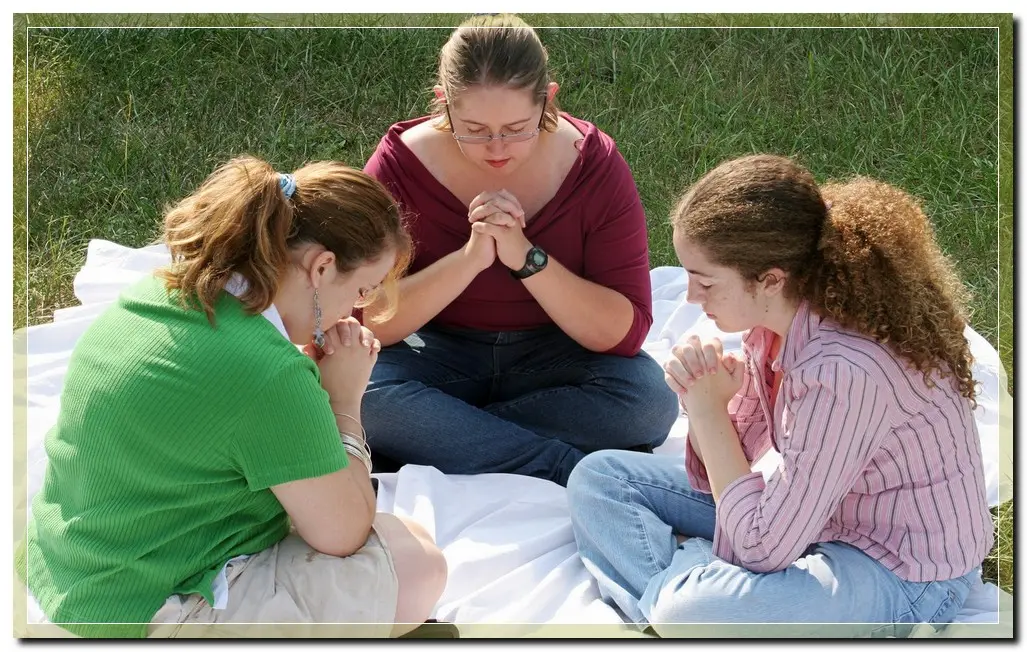
Complex PTSD in Battered Women
Complex Trauma is defined as someone who experiences trauma that occurs repeatedly and cumulatively over a period of time. In the United States, this usually occurs at the workplace or in our home environments. Complex Trauma can manifest PTSD in a high percentage of women who have experienced it. Child abuse, domestic violence, and rape can cause complex PTSD in women that experience it over a period of time.Can PTSD cause alcoholism in women?
There have been many studies conducted on the correlation between substance abuse and PTSD and trauma. Binge drinking or excessive alcohol use is one of the most common addictive patterns seen in those who were diagnosed with PTSD. Binge-drinking alcohol is one of the more socially acceptable ways to self-medicate and hide the underlying unhandled PTSD condition. Alcohol and a mixture of medications are some of the leading causes of suicide attempts in women who have been diagnosed with PTSD.Women are more likely to develop PTSD, even though men are more likely to be exposed to a higher number of traumatic events. Women suffer at a far greater rate from PTSD in the United States than their male counterparts. Post-traumatic stress disorder affects 10% of women at some point in their lives, over twice that of their male counterparts at 3.6 percent. The PTSD rate in women has become 2.4 times that of their male counterparts to develop an addiction to alcohol. Increased alcohol consumption can increase the likelihood of more traumatic events occurring as a result of alcohol abuse.
Can someone become addicted to PTSD medications?
Some of the medications that can be prescribed can have addictive properties and have the potential to be abused. Benzodiazepines are one such type of medication that is heavily prescribed to those who suffer from PTSD and anxiety. Xanax specifically has a high addiction rate in PTSD patients and, coupled with pain medications, can become a deadly cocktail if left unchecked and abused. Other medications, such as Reuptake inhibitors, can become a dependency if used for long periods of time without counseling.
How We Can Help
When looking for a treatment center that can handle the complex issues associated with treating someone with post-traumatic stress and drug or alcohol addiction, it is always better to get as informed as possible before making a decision as to what treatment direction you should take. With the many different options out there for PTSD treatment and recovery, finding the best women’s PTSD treatment center is very important to the health and recovery of the individual seeking treatment. Call us now for help finding an all-women’s treatment center specializing in PTSD therapy and trauma. Taking the first step in recovery is always the hardest, so let us take it with you. Our counselors are here 24 hours a day, 7 days a week, to take your call.1-800-513-5423

Sources
Disability under Social Security
Better Health PTSD
SAMHSA PTSD
VA.gov
NIH PTSD
MedlinePlus PTSD
Post Traumatic Stress Disorder
ptsd.va.gov
Erik Epp – Content Author
Office on Women’s Health
Women and PTSD
